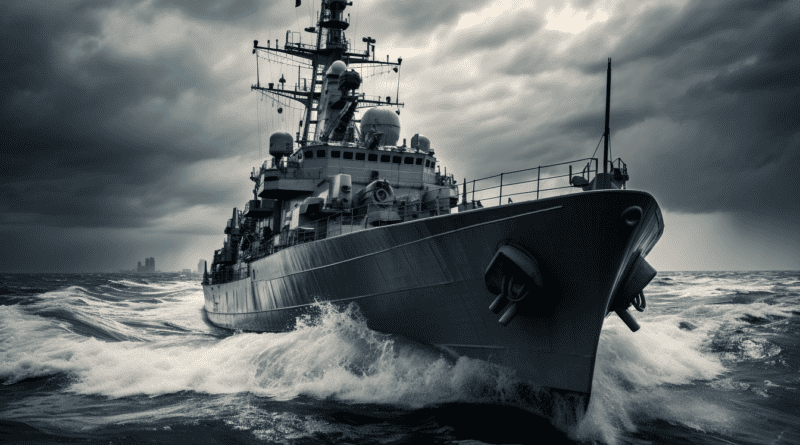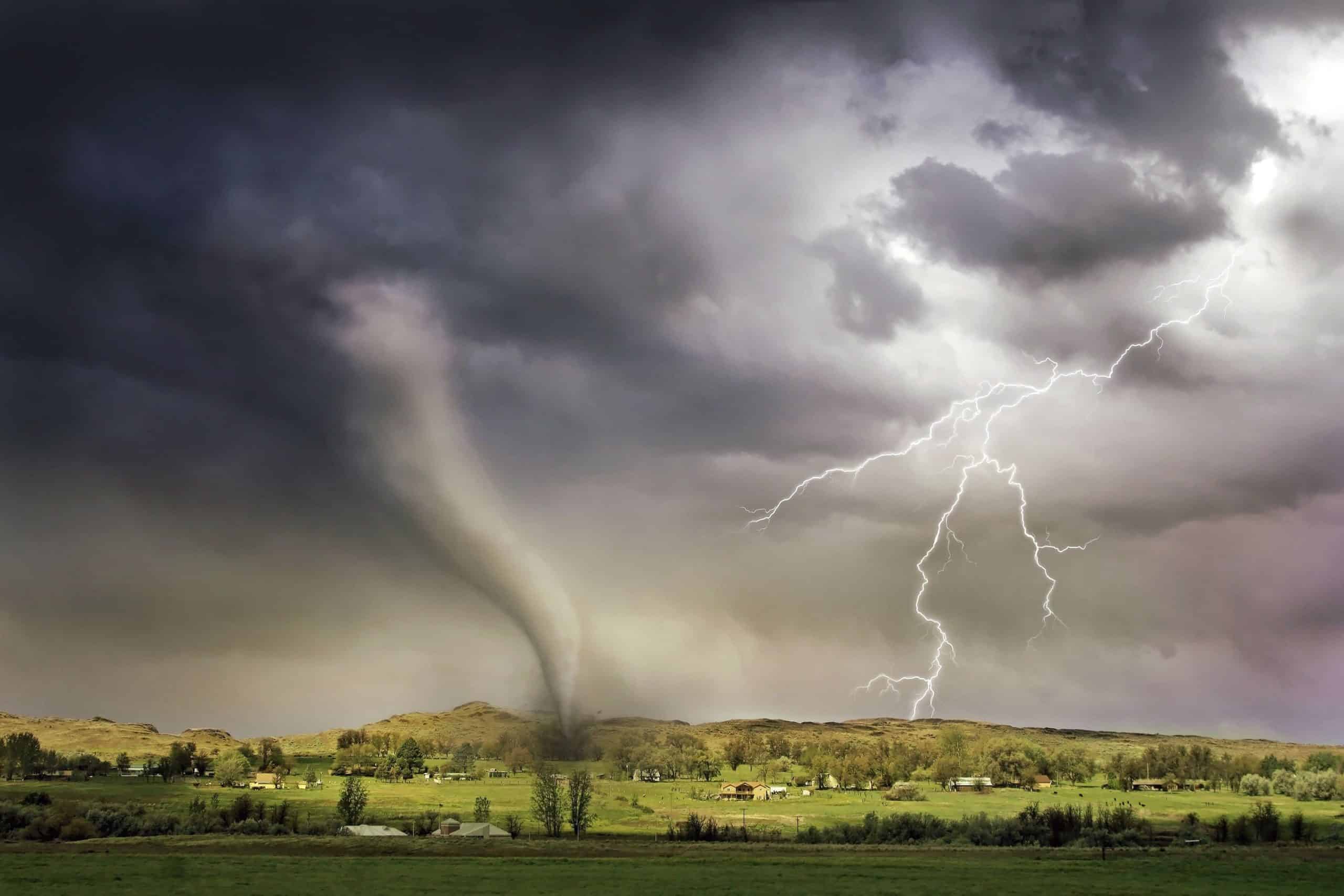Rockwool Systematically Supplied Russian Fleet with Ship Insulation, Media Reports
According to Danwatch and Ekstra Bladet, among the ships is the landing ship Pyotr Morgunov, seen here in the Black Sea. Photo: Murad Sezer / Ritzau Scanpix by The Editorial Team In an email, Rockwool’s CEO stated that the company has “comprehensive guidelines”.
Rockwool International A/S
Rockwool International A/S is a global leader in the production of stone wool insulation products and solutions. Founded in 1909 and headquartered in Denmark, Rockwool operates in over 35 countries with more than 45 manufacturing facilities. The company’s products are used for thermal, fire safety, and acoustic insulation in residential, commercial, and industrial applications. Rockwool is committed to empowering everyone to rise to the development challenges of modern living, by creating products that help tackle big issues such as climate change, urbanization, and resource scarcity.
- Founded: 1909
- Headquarters: Hedehusene, Denmark
- Industry: Building materials
- Products: Stone wool insulation
- CEO: Jens Birgersson
- Employees: Approximately 11,600 (2020)
- Revenue: €2.6 billion (2020)
- Operating Income: €313 million (2020)
- Net Income: €237 million (2020)
- Website: www.rockwoolgroup.com
Danish company Rockwool has systematically and deliberately supplied the Russian fleet with hundreds of thousands of square meters of ship insulation, used in some of the most advanced vessels in the Russian fleet.
This is revealed by a comprehensive review of Russia’s official procurement database, conducted by Danwatch and Ekstra Bladet.
According to the media, there is documentation that since Russia’s illegal annexation of Crimea in 2014, Rockwool ship insulation has been sold to at least 31 vessels in Putin’s fleet. This includes two destroyers, two submarines capable of being equipped with nuclear weapons, two landing ships, three frigates, six mine sweepers, and five intelligence ships.
In 19 of the cases, the sales were made through Rockwool’s official partner and distributor, Marine Complex Systems LLC (MKS), which makes a living servicing the Russian military.
Pose Threat Several of the ships have since played a role in the current war in Ukraine. This includes the six ships belonging to the Black Sea Fleet, but also the landing ship ‘Pyotr Morgunov’ from the Northern Fleet, which MKS supplied with Rockwool products worth 48 million rubles – approximately 4.5 million kroner (DKK) at the time – in 2018, has been directly involved in the war.
An EU regulation from March 2022 states about the 135-meter long ship, equipped with an AK-630 cannon and heavy machine gun:
- The large landing ship ‘Pyotr Morgunov’ project 11711, built by the United Shipbuilding Corporation, participated in the illegal Russian invasion of Ukraine in 2022.
According to Jens Wenzel Kristoffersen, a naval captain and military analyst at the Center for Military Studies at the University of Copenhagen, the amount of Russian naval ships with Rockwool collectively is capable of posing “a threat to allied forces at sea, on land, and in the air.”
- The collection of ships is assessed to pose a military threat to allied naval vessels, including in relation to special operations, reconnaissance missions, monitoring, mapping of critical infrastructure, and ultimately in crisis and war situations, he says.
Modernization Professor Michael Petersen, head of the Russia Maritime Studies Institute at the US Naval War College and a former member of both the US military intelligence service and the National Security Council, also believes that the many specific warships are of great importance to the Russian military.
He points out that the Russian fleet underwent a large-scale modernization before and after the illegal annexation of Crimea in 2014, and according to him, the list by Danwatch and Ekstra Bladet of naval vessels insulated with Rockwool precisely reflects this development.
- The complete list provides an interesting and concrete insight into the Russian fleet’s priorities for the construction and modernization of surface ships. They reflect an emphasis on power projection, intelligence gathering, and coastal defence, he says.
- In particular, the construction of Project 22350 missile frigates in the Gorshkov class is the primary focus in relation to restoring the Russian surface fleet’s global presence and military firepower.
Investigation Initiated Back in February of this year, the Danish Business Authority initiated an investigation when Danwatch and Ekstra Bladet first revealed Rockwool’s connections to the Russian military.
At that time, it specifically concerned five ships with Rockwool insulation, and the Business Authority did not believe there was reason to suspect that Rockwool had violated the EU sanctions imposed in connection with the annexation of Crimea.
Tara Van Ho, one of the world’s leading experts in human rights and business at Essex Law School in England, emphasizes that even if it turns out that companies have not violated sanctions, they are still obliged to comply with the UN’s guidelines for business and human rights (UNGP), which are intended to ensure that companies do not contribute to human rights violations at any stage of their value chain.
- Rockwool has been behind a kind of systematic practice that is really concerning from a UNGP perspective. It suggests that there is a larger problem with Rockwool’s screening processes. Many or all of these sales may technically comply with EU sanctions, but Rockwool still supplied the Russian military via their official distributors with products necessary for military activities.
- As soon as Russia invaded Crimea, there should have been a thorough examination of the sales – what we call enhanced human rights due diligence. That Rockwool continued to allow these sales raises questions about what they have done and what they are doing now to ensure that they are not complicit in Russia’s war crimes or crimes against humanity, she says.
Rockwool: We Have Guidelines Danwatch and Ekstra Bladet asked Rockwool whether they had set conditions for their Russian distributors – and whether they themselves believe that the sales to the Russian military comply with the UNGP guidelines.

